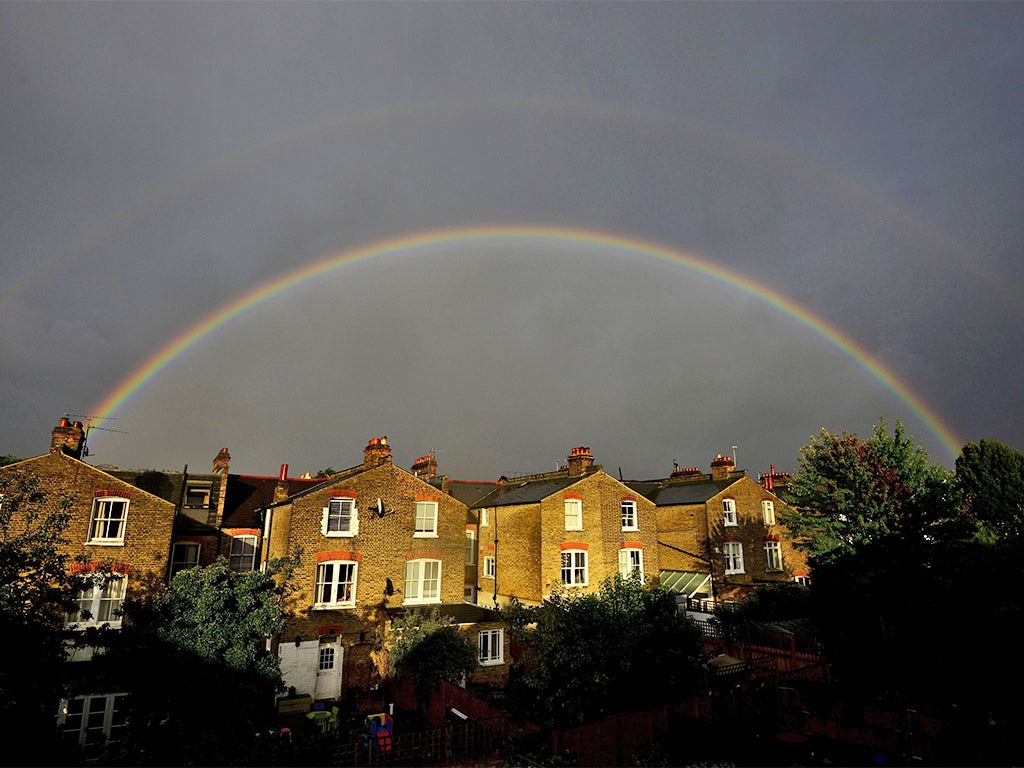Brexit will see UK house price growth slow nearly 4% by 2017, economists say
Cebr expects prices to grow by just 2.2 per cent in 2017

House prices growth is expected to slow following the UK’s vote to leave the European Union, according to economists.
Price growth will halve in the rest of the year. Prices grew quickly in the run-up to April as buyers rushed to beat the stamp-duty surcharge.
In the second half of the year, uncertainty following the vote to leave the EU is expected to take hold.
UK house price growth will drop from 6 per cent in 2015 to 5.7 per cent in 2016, according to the Centre for Economics and Business Research (Cebr), an economic forecaster.
Cebr expects prices to grow by just 2.2 per cent in 2017, a decline of 3.8 per cent compared to 2015.
As a whole, house prices are still set to increase by 5.7 per cent in 2016.
However, given the average price increase by 8 per cent in the first quarter of the year, the UK housing market will see a significant slowdown.
London will be most affected by the uncertainty following the UK’s vote to leave the EU, according to Cebr.
The average house price in the capital is expected to increase by 6.8 per cent in 2016, but will drop to 5.6 per cent the following year.
Nina Skero, Cebr senior economist and the main author of the report, said the UK’s shock decision has sent “shockwaves” across the market.
Cebr expected the market to pick up as the UK’s negotiations with the EU progress, lending some clarity to what the UK will look like outside of the EU.
“Although Brexit has certainly sent shockwaves, Cebr expects the housing market to slow down but not plummet,” Ms Skero said.
“Years of underbuilding mean that demand would have to fall very dramatically to meet the low level of supply increases. Keeping in mind that construction companies are very likely to limit their output further in light of Brexit, price pressures will also come from the supply side.
“Property in London will, however, be more impacted than elsewhere in the country. The capital’s status as a safe haven is under threat, a relatively high share of its residents are non-UK nationals and the sectors facing the greatest uncertainty following Brexit, such as finance, are concentrated in London,” she added.
UK mortgage approvals fell to their lowest level in 15 months in June as buyers got nervous about the state of the housing market in the run-up to the referendum.
The number of mortgages approved by British banks last month dropped to 40,103 from May's downwardly revised 41,842, the British Bankers Association said on Wednesday.
The Brexit vote also triggered a wave of discounts as nervous owners slashed their asking prices following the surprise victory of the Leave campaign, according to figures from London Res, a property research firm.
6 ways Britain leaving the EU will affect you
Show all 6Despite the discounts, uncertainty over the economic impact of the vote to leave the EU has left buyers cautious about spending large sums of money.
The Royal Institute of Chartered Surveyors previously said a downward trend in house sales was expected to continue through the summer as buyers put off their plans amid uncertainty.
House prices were already falling before the Brexit vote. In May, the average discount on the original asking price of a UK property was more than £25,000 – up nearly £4,000 compared with January.
Subscribe to Independent Premium to bookmark this article
Want to bookmark your favourite articles and stories to read or reference later? Start your Independent Premium subscription today.

Join our commenting forum
Join thought-provoking conversations, follow other Independent readers and see their replies